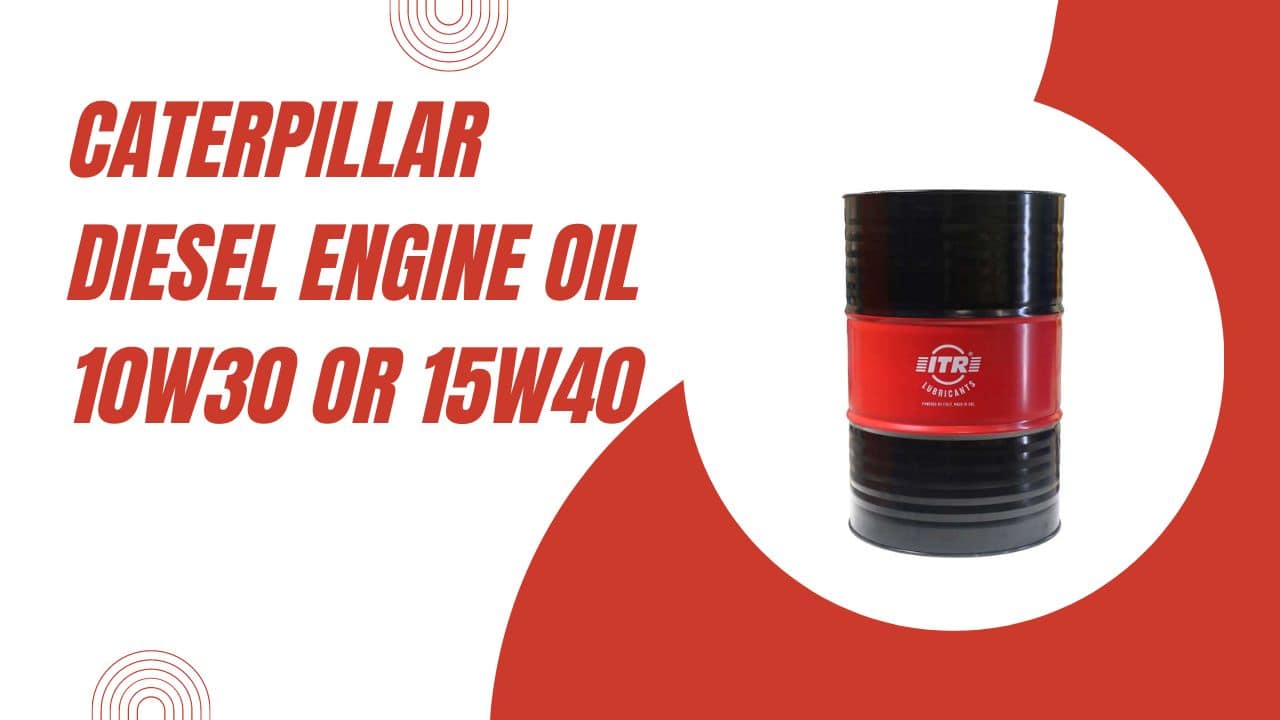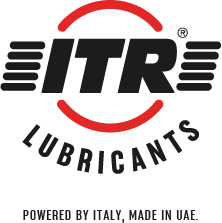
Diesel engines are designed to work under extreme conditions, hence the need for oil to protect them from damage during work. There are two common diesel engine oils used: 10w30 and 15w40. The former, 10w30, means that it has a viscosity grade flowing like a ten-weight oil and can withstand a 30-pound load at high temperatures.
A 15w40 caterpillar diesel engine oil has a viscosity grade flowing like a fifteen-weight oil and resists a 40-pound load at extremely high temperatures. 15w40 oils are used for heavy-duty work, increasing the thickness and oil viscosity to peak performance.
Identifying the key advantages and differences between a 10w30 and a 15w40 will assure great results when selecting the right diesel engine oil for your machinery. Let’s discuss the 10w30 caterpillar diesel engine oil.
10w30
A 10w30 caterpillar diesel engine oil can handle extremely high or low temperatures without losing viscosity. The letter ‘w’ means winter, which lasts in temperatures not below -10 degrees Celsius. Below are the advantages of using oil in a diesel engine.
Advantages
Disadvantages
From the above information, it is obvious that a 10w30 caterpillar diesel engine oil can confidently help during operation in low temperature environments. But what about the 15w40?
15w40
The number ‘15’ means the oil will thin out to the weight of 15 in cold temperatures. The ‘40’ stands for the highest temperature the oil can withstand in extreme conditions, like the ITR Supremo XC.
Advantages
Disadvantages
Despite the advantages and disadvantages stated above, there are a number of differences between the 10w30 and 15w40 caterpillar diesel engine oils. Let us discuss them further below.
Differences between 10w30 and 15w40
There are a variety of differences between the two diesel engine oils. Let’s dive in and discuss the differences in detail below.
Definition
A 10w30 means the engine oil can withstand temperatures as low as 10 degrees Celsius, while the 30 means it can handle a maximum of 30 degrees Celsius. The same is correct for 15w40 – 15 degrees Celsius and a maximum temperature of 40 degrees Celsius.
Additives
10w30 diesel engine oils have low-quality additives, allowing oxidation to occur, resulting in rusting. !5w40 engine oils have a higher quality of additives inside, which makes them have a thicker consistency and a stronger film. In turn, oxidation is prevented.
Protection
10w30 diesel engine oils cannot protect the parts from wear and tear. It may have a stable viscosity, but since it has lower quality additives than 15w40, it offers little protection against wear and tear. Also, due to its thinner film, wear and tear will likely occur in diesel engines that use 10w30.
Viscosity
15w40 has a more volatile viscosity compared to 10w30, like the ITR Supremo XN. This stable viscosity nature of the 10w30 makes it ideal and flexible enough to withstand harsh weather conditions and temperatures.
Volatility
10w30 is less volatile, resistant to heat, and has a stable viscosity, making it the most common selection for most people. 15w40 has an unstable consistency and is less resistant to heat, making it a less favorable option for diesel engines.
Requirements
10w30 diesel engine oils work best with engines that have covered at least 75000 miles. These are heavy-duty engines. A 15w40 diesel engine oil is made for machines that have met the requirements of the API CJ-4.
Application
10w30 works best for heavy-load engines since they have properties that ensure high temperatures for an extended period. 15w40 can also suffice, but it cannot handle low temperatures as effectively because of the higher viscosity grade.
Fuel Consumption
Thick oils like the 10w30 consume more fuel when used in a diesel engine. This is because the parts use more power to move the fluid hence more consumption. The combustion creates heat, soot, and acid that must be contained using 15w40 diesel engine oil. The thinner the oil, the less fuel is used during combustion.
Temperature
10w30 diesel engine oils tend to operate efficiently in low-temperature environments. Starting a vehicle in cold weather can be troublesome, so 10w30 engine oil comes in handy. On the other hand, a 15w40 diesel engine oil can withstand high temperatures of up to 40 degrees Celsius. This component makes it suitable for operation in high-temperature areas.
Conclusion
Diesel engines are designed to undergo harsh environments and heavy workloads. These engines need to be taken care of to prolong their lifespan. Using a variety of diesel engine oils is essential in preventing rust, oxidation, and excessive fuel consumption. 10w30 is the most commonly used due to its low operating temperatures and stable viscosity. 15w40 is recommended for heavy-duty workloads since it can withhold high operating temperatures, preventing oxidation and rusting.
Heavy-duty diesel engine oils by ITR Lubricants are the best for engines requiring API CF-4, CF, or SG performance lubricants. Our entrusted engine oils and greases provide sufficient protection from rust or wear and tear in the machine.
Get a quote for caterpillar diesel engine oil 10w30 or 15w40
